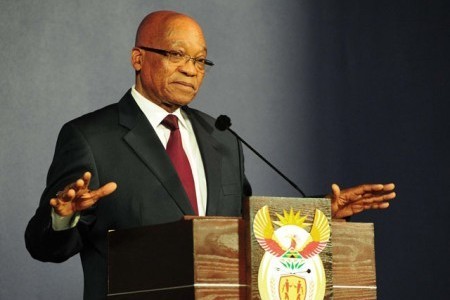Is there a great cover-up to the corruption in South Africa and especially over the last 20 years. Corruption has been associated with political parties, government departments, tender fraud, justice systems and the police. It is a fact that South Africans are divided and the division drifts further as diverse ethnic groups keep on blaming apartheid for the disaster today. Corruption scandals are rampant and the most last FIFA scandal places the country once again into the spotlight.
Corruption stems from the abuse of public resources, bribery, nepotism, and government tender fraud. Notable cases of corruption since 1994 were the South African Arms Deal, Schabir Shaik trial, the travel gate scandal where members of parliament illegally used travel vouchers for personal use. The Goodwood police station, implicating station commander Siphiwu Hewana for tampering with evidence for convicted fraudster Tony Yengini and former police commissioner Jackie Selebi and the Nkandla homestead costs.
At the end of apartheid, the young democratic African National Congress (ANC) government were aware of some investigations and prosecutions instigated by the old regime relating to some human rights abuses and government scandals. Many of these accusations never came to light during the truth and reconciliation enquiry and an investigating unit Thabo-Kubu began to explore corruption of the past, including money laundering. The special unit included Dirk Coetzee, a hit-man and whistle-blower and ANC intelligence operatives. However, the Thabo Kubu unit made headlines after members became embroiled in corruption charges, although no prosecutions took place. The irregularities were too many and the Auditor General shut down the unit, with no substantial evidence of prior-1994 corruption.
During 1997, under the presidency of Nelson Mandela, a UK based company called Ciex secured a contract to investigate the crime of the apartheid regime.After two years, a secret report was presented to the ANC government and an amount of ZAR26 billion was identified as part of illegal offshore transactions, arms dealers and bankers. The Director of Ciex offered to recover the missing money in exchange for a handsome fee, the South African government terminated the contract and no further investigation continued.
Surprisingly during 2010 the Ciex report was leaked and although most of the accusations remained unproven, several banks were implicated, The leaked document received no official response from the state. The South African public protector initiated an investigation into the Ciex report and this is still ongoing. The track record of the Public Protectors departing into probing matters does not inspire optimism.
It is estimated that ZAR400 billion was looted by the Apartheid government, including the Van Merwes, Viljoens, Bothas and De Klerks. A hefty sum was plundered before democracy was born. It is worth mentioning that although a vast amount of money was missing from state coffers, wealthy countries and banks handed Nelson Mandela ZAR330 billion in he form of a loan, to cover the cost of the money looted under the apartheid regime. Of course, the money had to be paid back by the South African Taxpayers.
During 2012, a report indicated that between 1994 and 2008 South Africa lost ZAR185 billion due to corruption within the public sector. A further ZAR70 billion was lost in 2009 and another ZAR100 billion in 2011. There are investigations of another four cases of fraud totaling R171 billion. Up until 2012 an amount of over ZAR550 billion has been plundered by the new ANC government meaning that almost 20 percent of the GDP is stolen annually. Is the ANC smarter than the apartheid regime when it comes to corruption?
It might be a considered strange that both Mandela and Thabo Mbeki did not .........(read the entire article on the Guardian LV - published today)
Read more at http://guardianlv.com/2015/06/south-africa-the-great-corruption-cover-up/#FYwolYVpyiwrCjdK.99
Could not resist sharing this photo -


No comments:
Post a Comment